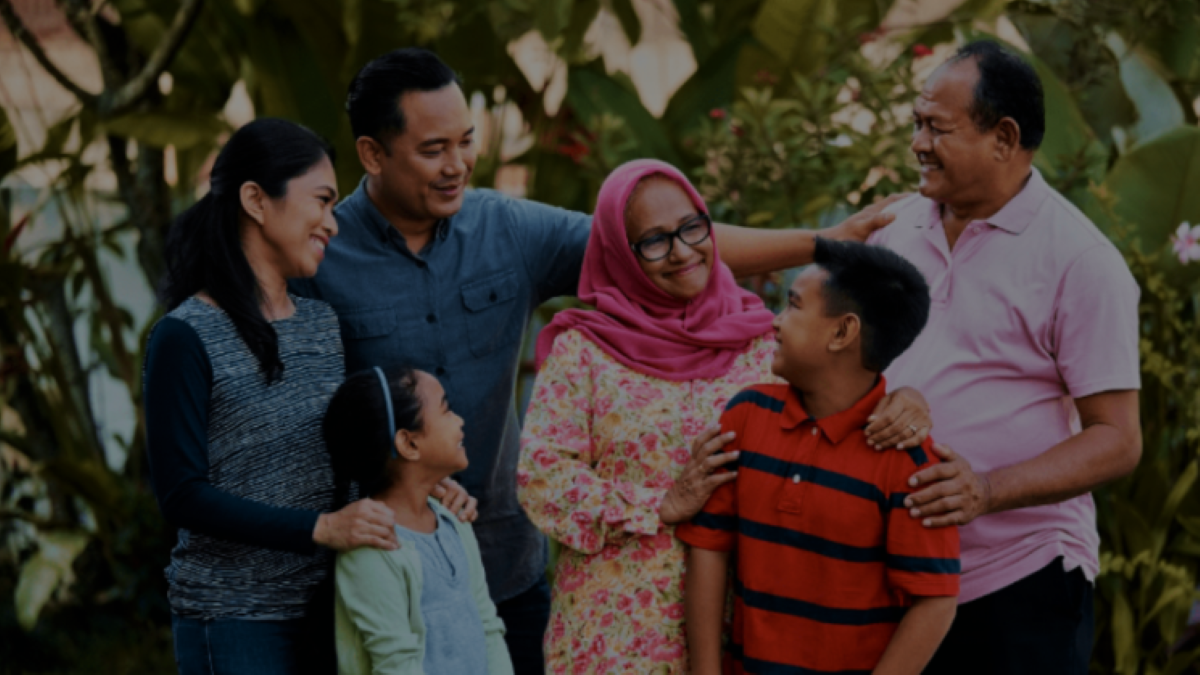Malaysia Population Research Hub

(Excerpts from Malaysia Presentation at the Inclusive and Resilient Cities for Sustainable Families, 31st October 2018, New York)
Malaysia is a multi ethnic country with a current population of 32 millions. According to the Department of Statistics, Malaysia is expected to have a population of 38.0 million by year 2030. In 2014, family institution consisted of 7.2 millions household with an average of 4.0 members. The proportion of extended family showing a decreasing trend with account only 20 percent of the total household in the country.
With an ever increasing proportion of elder population, today’s family are being pressured to provide multi generation family support, known as “sandwich family”
In today’s world, family trends are fast changing amid a greater challenges of modernise society. From a smaller family size, increasing proportion of nuclear families in cities, to urban poverty, all this issues need to be addressed diligently to achieve an inclusive and resilient cities for sustainable families. Moreover with an ever increasing proportion of elder population, today’s family are being pressured in providing ample family support for multi generation family member, known as “sandwich family”.
Hence, Malaysia has introduced a National Family Policy with a comprehensive set of plan of action for the year 2010 until 2020, a complement to theexisting National Social Policy. National Family Policy is a step forward to addressed the need to prioritize family perspectives perspectives in all future socio-economic and master development plan.
Three thrusts has been set up to govern the Plan of action for National Family Policy that is i) commitment to prioritize family; i) law and regulation from family perspective; ili) accessible family friendly facilities.
To meet Sustainable Development Goals (SDG) especially Goal 11 that is “Make cities inclusive, safe, resilient and sustainable” three driving initiatives has been pan out under the National Family Policy. In 2011, the family well-being index study led by National Population and Family Development Board (NPFDB) has been introduced to access the level of wellbeing of families in Malaysia. Out of all 8 domains of the study, two are related to SDG 11. This helps policy maker and program planner introduced sound interventions with objective to achieve greater family well-being index. In 2019, NPFDB will conduct its third installation of this study to monitor the progress of family well-being in the country.
The second initiative is a community based intervention program called Family and Community Empowerment Program (FACE). FACE is a programme with the objectives to identify issues in the community and to develop appropriate intervention programmes and mechanisms to enhance the wellbeing of families; to strengthen the social fabric through the identification and facilitation of local family champion (FC) in community mechanism implementation; and to develop a harmonious, productive and prosperous society. Through this program, a community chosen will appoint acommunity leader and volunteers who will then empowered as FC in the community that responsible to facilitate intervention activities related to each 8 domain of the index.
The third initiative that is currently being formulated is the Family Impact Assessment (FIA) where an evaluation on the impact of family-related policies and programs will be accessed. It helps to examine how policy and program may benefit families or produce unintended negative consequences and give people the opportunity to allot their views of the implementation of policies and programs in accordance with Strategic Thrust 1: strengthening inclusiveness towards an equitable society under Eleventh Malaysia Plan (11MP). At present, Malaysia is at the stage of formulating the manual by assessing the best practices of other countries who have implemented similar initiative.
Malaysia has also introduced a new National Urbanisation Policy 2016-2026 that incorporated the commitment of new urban agenda 2030towards achieving the sustainable development goals targeted by the United Nations. The Malaysia’s National Urbanisation Policy principles has put in place the community as the major stakeholders in town planning by providing affordable houses, eliminate urban poverty through entrepreneurship and job matching program, enhancing the efficiency and affordability of public transport and inculcate 3R practice for better waste management promotion.
Malaysia has formulated a new National Urbanisation Policy 2016-2026 that incorporated the commitment of new urban agenda 2030 towards achieving the sustainable development goals
Malaysia is confident that New Urban Agenda and Sustainable Development Goals 2030 will be achieved by embracing the value of creating, promoting, and enhancing open, friendly, and participatory spaces for dialogue and understanding.
Download : PopInfo Issue 2 2018